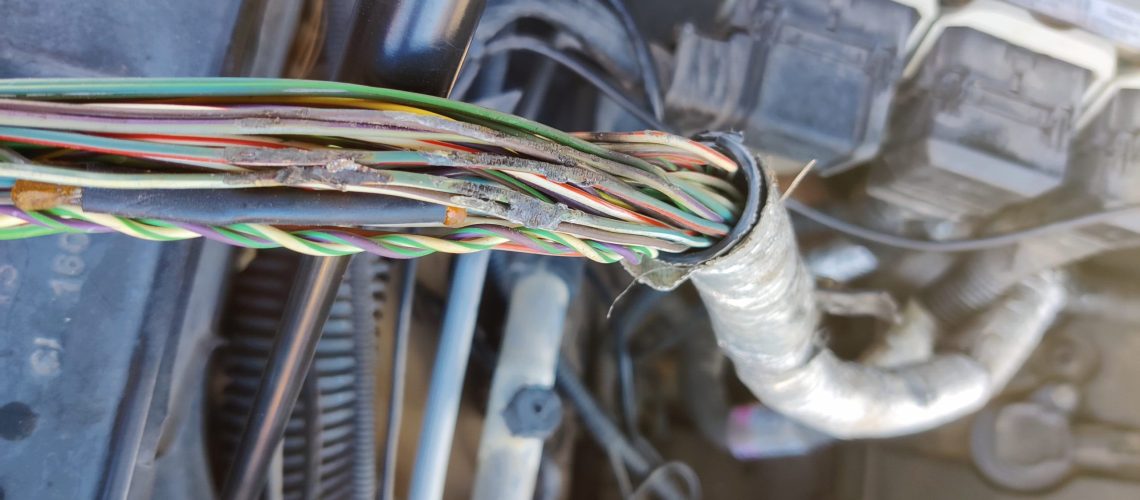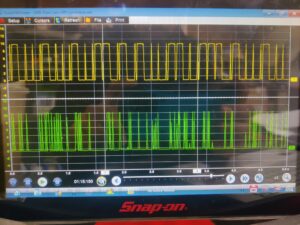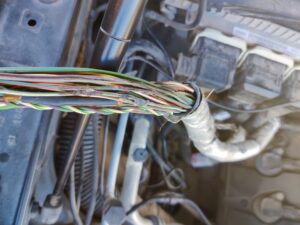If you’re like many people, when something goes wrong with your car’s electrical system, you might automatically assume it’s a “short.” But is that always the case? In this post, we’ll explore the world of automotive electrical faults and debunk the myth that everything electrical is a short circuit.
Understanding Electrical Faults
First, let’s clarify what we mean by electrical faults. An electrical fault is anything that doesn’t work the way that it was designed, and it can manifest in various ways. While short circuits are one type of electrical fault, they’re not the only one. Other common electrical faults include open circuits, high resistance connections, and voltage drops.
Short Circuits vs. Other Electrical Faults
So, what’s the difference between a short circuit and these other types of faults? A short circuit occurs when two electrical conductors make contact that shouldn’t, causing an abnormal flow of current. This can result in blown fuses, melted wires, and even fires if not addressed promptly.
On the other hand, open circuits occur when there’s a break in the electrical path, preventing current from flowing altogether. High resistance connections, often caused by corroded or loose wiring, restrict the flow of current, leading to voltage drops and electrical malfunctions. These faults can cause issues like battery drains, lights not turning off, or warning lights on the dashboard.
Common Misconceptions
Many people mistakenly believe that any electrical problem in their car is a short circuit. For example, if their battery keeps draining or won’t charge, they automatically assume there’s a short. Similarly, if a light won’t turn off or the check engine light is on, they jump to the conclusion that it’s a short circuit.
The Importance of Proper Diagnosis
While it’s understandable to want to diagnose electrical problems quickly, jumping to conclusions can lead to misdiagnosis and unnecessary repairs. That’s why it’s essential to have electrical issues diagnosed by one of our ASE certified technicians who can accurately identify the root cause of the problem.
Conclusion
In conclusion, not all electrical faults are short circuits. Understanding the different types of electrical faults and their symptoms is key to effectively diagnosing and repairing automotive electrical problems. So the next time you encounter an electrical issue with your car, remember that it might not be a short after all.
If you’re experiencing electrical problems with your vehicle, don’t hesitate to bring it to Alameda Auto Electric in El Paso. Our team of experienced technicians can diagnose and repair any electrical issue, ensuring your vehicle stays safe and reliable on the road.






